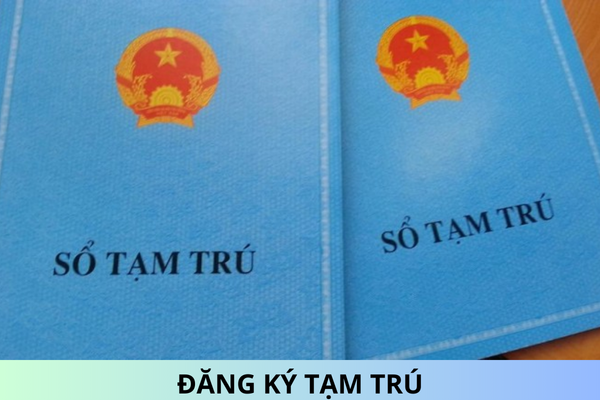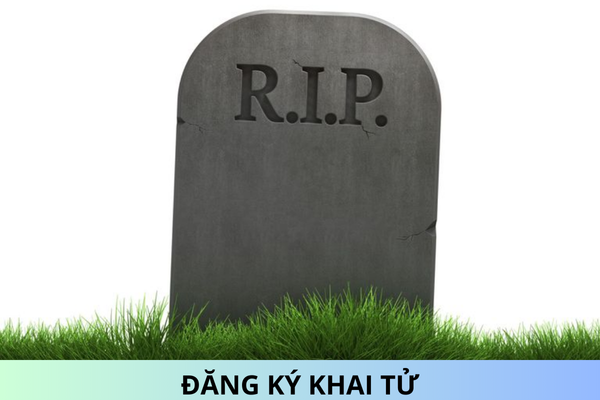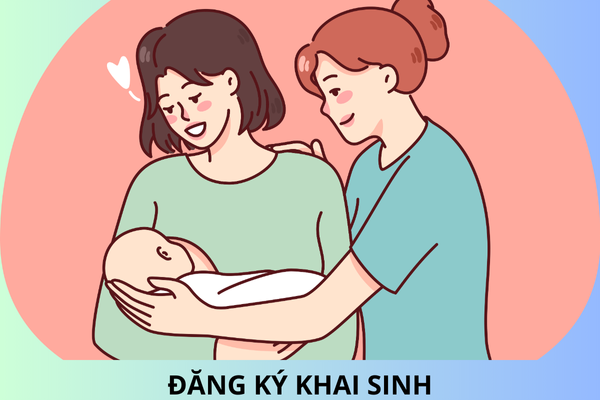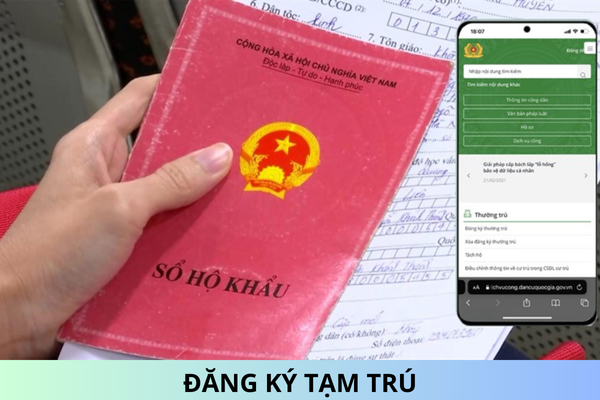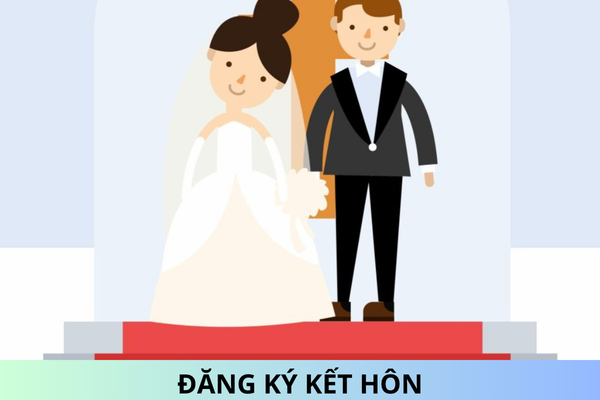If there is no heir, will estates belong to the state in Vietnam?
If there is no heir, will estates belong to the state in Vietnam? If my father dies before my grandfather, will I inherit in Vietnam? If my brother die, will I receive his inheritance in Vietnam?
If there is no heir, will estates belong to the state in Vietnam?
If a person dies without a will, when there is no heir left, the estates will belong to the state, right?
Answer: According to the provisions of the 2015 Civil Code, if there is no will, the estate will be inherited according to law, and those in the line of inheritance will receive inheritance in the prescribed order.
In case the deceased has no will and no remaining inheritance, the deceased's assets are determined to be assets without heirs. Article 622 of the 2015 Civil Code stipulates:
Where there is no heir under a will and at law, or where there is an heir but such heir is not entitled to inherit the estate or disclaims the inheritance of the estate, the residual estate for which there is no heir shall, after fulfillment of property obligations, belong to the State.
Thus, it can be concluded that if the deceased has no will and no inheritance left, the remaining assets after fulfilling the property obligations left by the deceased will belong to the State in Vietnam.
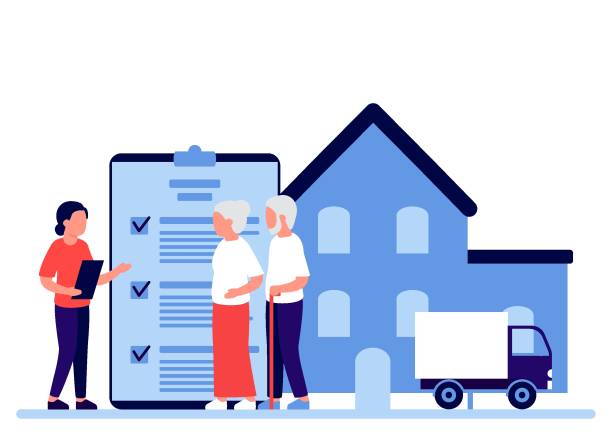
If there is no heir, will estates belong to the state in Vietnam? (Image from the Internet)
If my father dies before my grandfather, will I inherit in Vietnam?
I would like to ask, according to the law on inheritance division, if my father dies before my grandfather, will I inherit in Vietnam? Later, my grandfather died without leaving a will. My uncle is currently staying at my grandfather's house.
Answer: When the grandfather dies without leaving a will, it will be divided according to the law, specifically in Article 651 of the 2015 Civil Code as follows:
1. Heirs at law are categorized in the following order of priority:
a) The first level of heirs comprises: spouses, biological parents, adoptive parents, offspring and adopted children of the deceased;
b) The second level of heirs comprises: grandparents and siblings of the deceased; and biological grandchildren of the deceased;
c) The third level of heirs comprises: biological great-grandparents of the deceased, biological uncles and aunts of the deceased and biological nephews and nieces of the deceased.
Besides, in Article 652 of the 2015 Civil Code, it is clearly stated about succeeding heirs as follows:
Where a child of a testator died prior to or at the same time as the testator, the grandchildren of the testator shall inherit that part of the estate which their father or mother would have been entitled to inherit had such father or mother still been alive. If the grandchildren also died prior to or at the same time as the testator, the great-grandchildren of the testator shall inherit that part of the estate which their father or mother would have been entitled to inherit had such father or mother still been alive.
Thus, the grandfather's children, called uncles, will be in the first line of inheritance and will enjoy the inheritance left by their grandfather with an equal share of the inheritance. Then because your father died before your grandfather. Therefore, as your grandfather's grandchild, you will enjoy a share of the inheritance from your grandfather's estate. This is the inheritance that if your father is still alive, he will enjoy it and is calculated equal to the inheritance your uncle would have enjoyed according to the above regulations in Vietnam.
If my brother die, will I receive his inheritance in Vietnam?
I would like to ask, if the older brother dies and does not leave a will, can the younger sibling receive the inheritance according to the law in Vietnam?
Answer: Pursuant to Point b, Clause 1, Article 651 of the 2015 Civil Code, the provisions on inheritance according to law are as follows:
1. Heirs at law are categorized in the following order of priority:
a) The first level of heirs comprises: spouses, biological parents, adoptive parents, offspring and adopted children of the deceased;
b) The second level of heirs comprises: grandparents and siblings of the deceased; and biological grandchildren of the deceased;
c) The third level of heirs comprises: biological great-grandparents of the deceased, biological uncles and aunts of the deceased and biological nephews and nieces of the deceased.
Thus, the inheritance according to the law is divided among the level of heirs, with younger siblings belonging to the second level of heirs in Vietnam. Therefore, it is still possible to receive legal inheritance from your biological brother if there is no first line of inheritance or the first level of heirs is not divided completely, and is divided sequentially in the order mentioned above.
Best regards!
